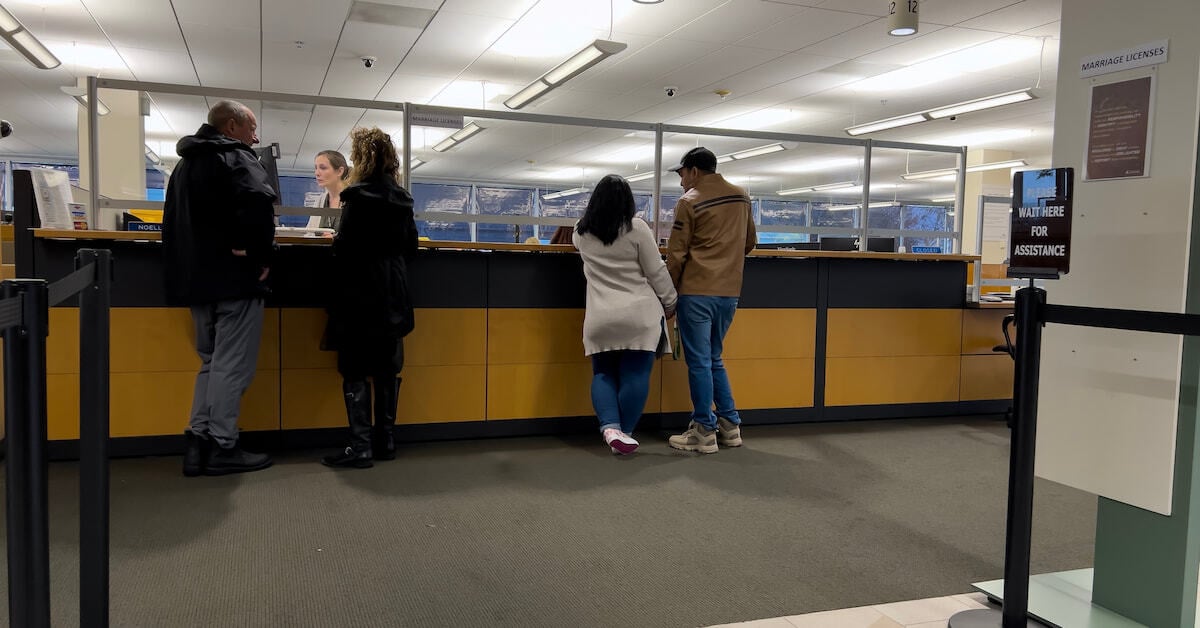With the holidays coming up, there is no doubt that new technologies will be wrapped and under Christmas trees all around town. Phones, computers, and gaming devices are some of the hottest presents each year. These gifts, while they are great, can also pose as a security risk to your family. Our IT expert, Jeff Groby, joined the Guy Phillips Show for Tech Talk to discuss the ways parents can protect their kids online. Jeff, a parent himself, came prepared to talk about what he does in his own home and about technology other parents can look into for their homes.
Steps Parents Should Take to Protect Kids Online
These days, kids know more about technology and the internet than their parents do. Guy Phillips mentioned that when his kids were younger, he created a contract for them to sign before they were allowed to drive. The contract included things like not talking on the phone while driving, limiting the number of friends in the car, and other rules for new drivers. Guy mentioned that in the world we live in now, parents could use a similar contract to get their kids up to speed about being safe online. Some of the ideas for the contract that Jeff and Guy threw around were about not talking to strangers, not going to websites you shouldn't be on, and about not giving away personal information. Sometimes getting the conversation started can lead to your kids developing a better understanding of online safety.
In addition to talking to your kids about understanding security awareness, Jeff also talked about parental control technology. In his own home, Jeff said he uses Circle with Disney as a router to keep an eye on what is going on with his kids. The special router gives Jeff insight into what his kids are doing online, filter what they have access to and even limit their screen time. Parental routers can be purchased at most technology stores in your area. While there is more than one option available, take the time to research your options select the device that makes the most sense for your family and situation.
Tips for Starting the Conversation About Online Safety with your Kids
- Educate yourself on the different types of technology and threats the internet can pose in your home. By educating yourself first, you will have a strong foundation to best explain the issue with the kids.
- Start with age-appropriate conversations. The threats that a teenager has online are greatly different than that of an elementary-aged child just starting out. Just remember, it's never too late to start the conversation.
- Establish some family rules around technology and internet access. Talk about the reasoning for the rules and why each one is important for their safety.
- Help your kids to understand that some things that look like age-appropriate content aren't always safe. Talking with them about how to become critical consumers of content online will help them to establish an understanding between fact and fiction when it comes to information on the internet.
Technology isn't a new threat to the innocence of kids. The kids of today are more exposed than ever because of the rapid changes in technology. Parents in 2018 not only have to worry about the computer. Tablets, cell phones, and gaming devices can also be cause for concern because they have connections to the internet. As new devices and technology emerge, it's up to the parents to keep their kids safe and talk about the different risks associated with the internet.
Tech Talk Presented by SumnerOne
Its hard to keep up with the latest trends and breaches in technology, and that's where we come in. Each week we visit The Big 550 KTRS join the conversation and give our two cents about technology, cyber security, and the internet. SumnerOne is live during the Guy Phillips Show every Friday afternoon at 4:20. Be sure to check out some of our past segments by clicking the button below. Technology is always changing, there is a little bit of something for everyone to learn. For more information about SumnerOne and our services, give us a call.
Originally published November 29, 2018, updated February 11, 2019
 FREE EBOOK DOWNLOAD
FREE EBOOK DOWNLOAD



















